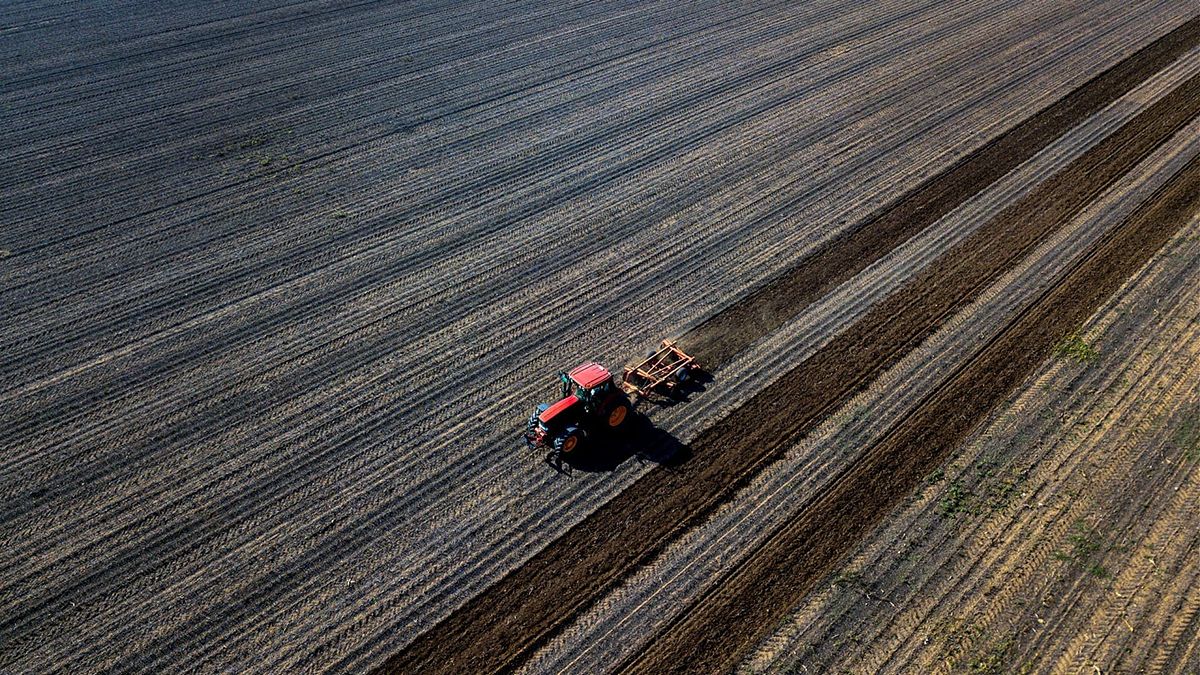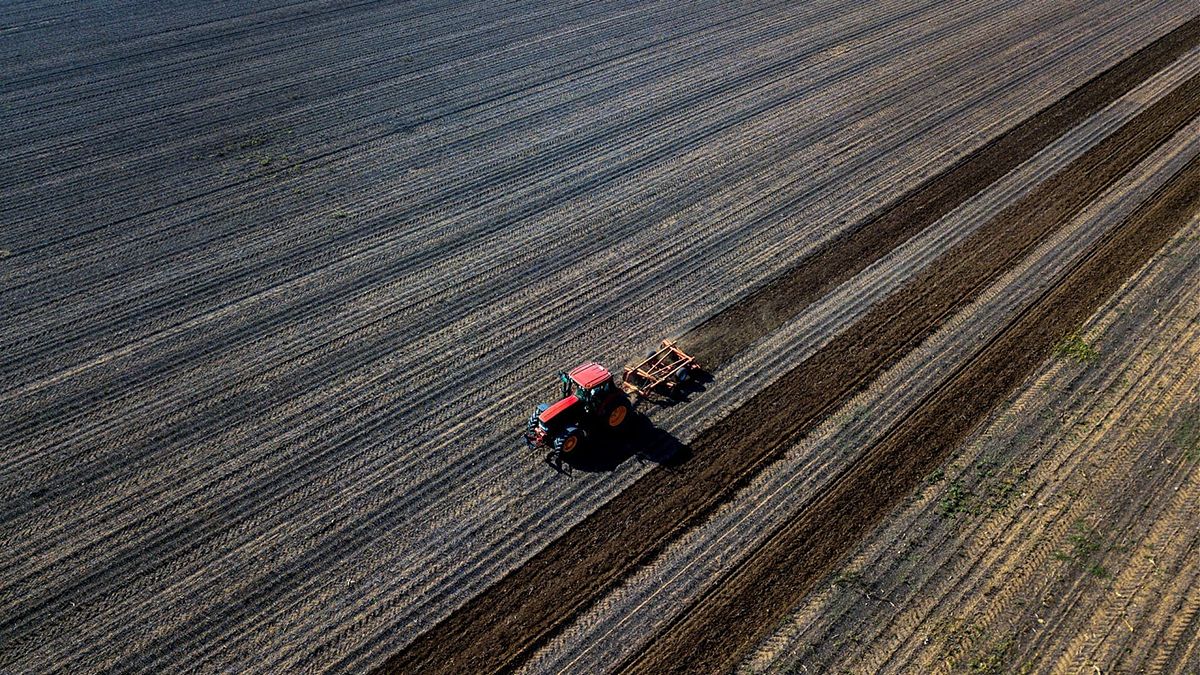Learn how California’s olive farmers are leading the way in promoting organic and regenerative agriculture, and how the Organic is Regenerative Toolkit is helping farmers educate consumers about the true meaning of regenerative agriculture.
The Role of California’s Olive Farmers in Promoting Organic and Regenerative Agriculture
California’s olive farmers are at the forefront of promoting organic and regenerative agriculture. With the increasing demand for organic olive oil, these farmers are taking the lead in educating consumers about the true meaning of regenerative agriculture. The Organic Farming Research Foundation (OFRF) has launched the Organic is Regenerative Toolkit to help organic farmers communicate the benefits of regenerative agriculture to their audiences.

( Credit to: Oliveoiltimes )
Regenerative agriculture has become a popular buzzword, but it lacks a legal definition, making it susceptible to greenwashing. Large agricultural companies are starting to co-opt the term and use it to describe conventional agriculture that may have adopted one conservation practice, such as reduced tillage. This misuse dilutes the holistic and systems-based approach of true regenerative systems.

( Credit to: Oliveoiltimes )
To address this issue, the OFRF’s Organic is Regenerative Toolkit emphasizes the regenerative nature of organic management practices. The toolkit highlights the importance of cover cropping, crop rotations, and increasing biodiversity, which are the foundations of organic systems. By educating consumers about these practices, organic farmers can ensure that the true meaning of regenerative agriculture is understood and not diluted.
The Environmental and Social Sustainability of Olive Oil Production
Olive oil production in California not only focuses on environmental sustainability but also on social sustainability. Olive orchards act as carbon sinks, contributing to soil health and carbon sequestration. This makes olive oil production an important part of mitigating climate change. Additionally, the olive industry helps stabilize the California workforce by providing employment opportunities for farm workers during the harvest season.
Besides its environmental and social benefits, olive oil is a healthy plant-based fat. It is filled with phenols and other beneficial compounds that reduce inflammation and promote good cholesterol. This makes it a popular choice among health-conscious consumers.
Environmental Stewardship in Olive Oil Bottling and Packaging
Companies like California Olive Ranch (COR), the largest olive oil producer in the United States, prioritize environmental stewardship in their bottling and packaging practices. COR reduces emissions associated with packaging by using aluminum bottles and packaging in bag-in-box containers. They also plan to transition more packaging cases to 100% recycled materials.
COR’s impact report highlights their partnership with a glass bottle company that uses over 75% recycled material in their olive oil bottles. This collaboration demonstrates a commitment to quality and sustainability throughout the supply chain. By reducing greenhouse gas emissions and promoting sustainable practices, the olive oil industry plays a significant role in building a more sustainable future.
The Importance of Organic Certification and Trust in the Label
Despite the long tradition of organic agriculture, many consumers and policymakers still do not fully understand what organic means. It is important for consumers and journalists to recognize that being certified organic is a serious commitment from the farmer. The annual inspections are rigorous and ensure that the term “organic” is not diluted and can be trusted.
Being certified organic is not just a label; it represents a dedication to sustainable and climate-friendly agricultural practices. Organic farmers have been practicing these methods for decades and play a vital role in supporting a resilient planet, building healthy communities, and promoting transparency in the food system.
California’s agricultural industry has a tremendous opportunity to contribute to a sustainable future and mitigate the negative effects of climate change. Organic farming is one piece of this solution and a crucial step towards creating a sustainable and stable food system. The Organic is Regenerative Toolkit empowers organic farmers to communicate the benefits of organic farming and their regenerative impact to consumers, further promoting the growth of organic and sustainable agriculture.
